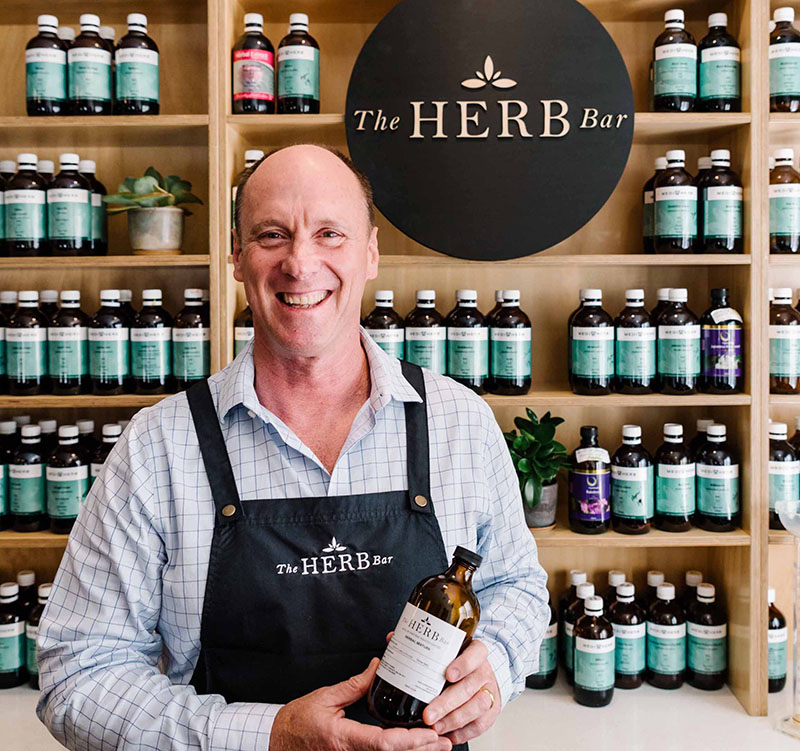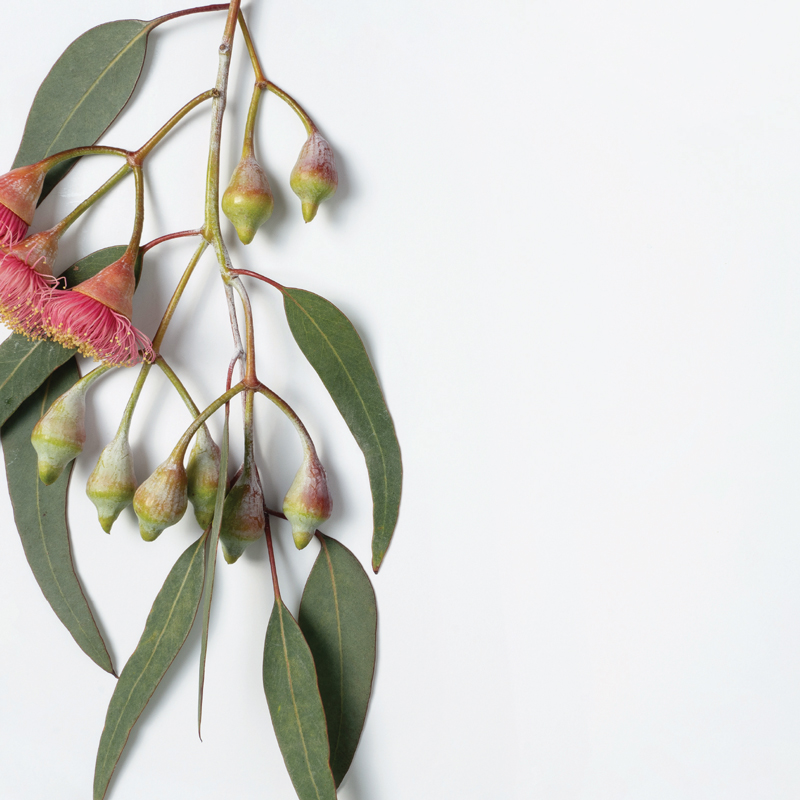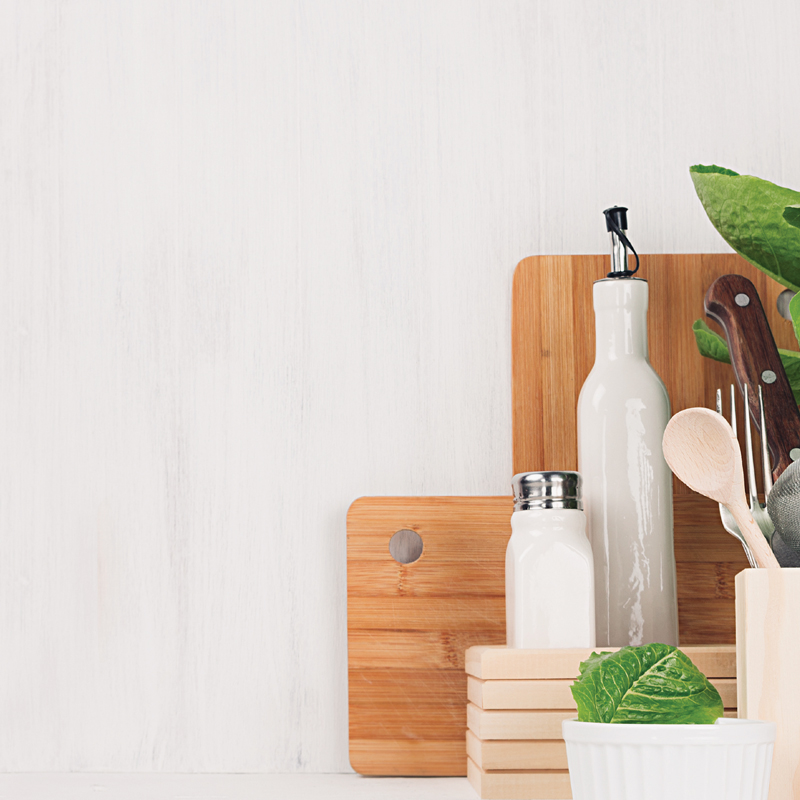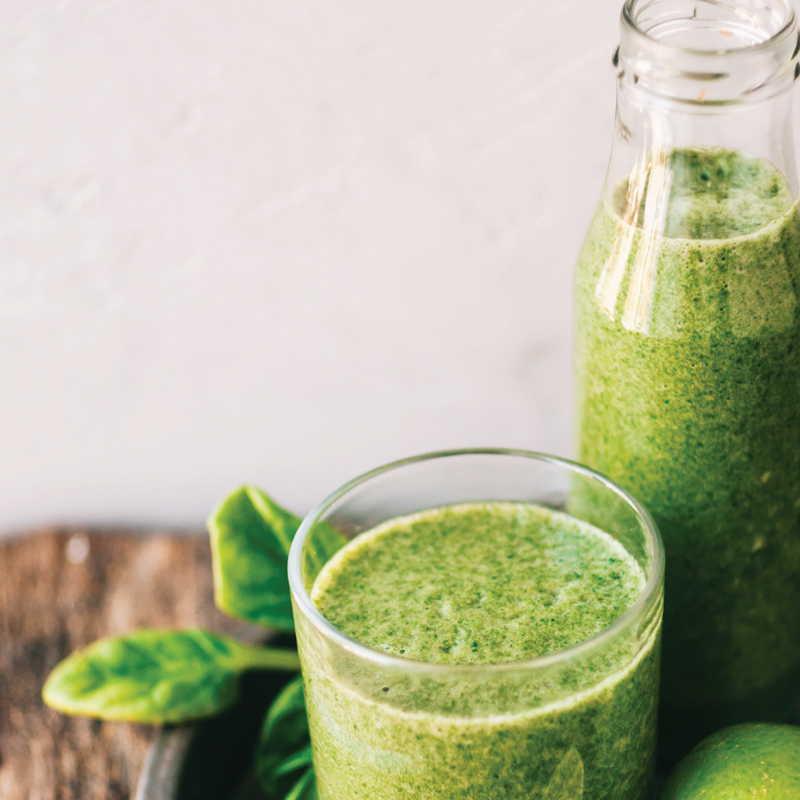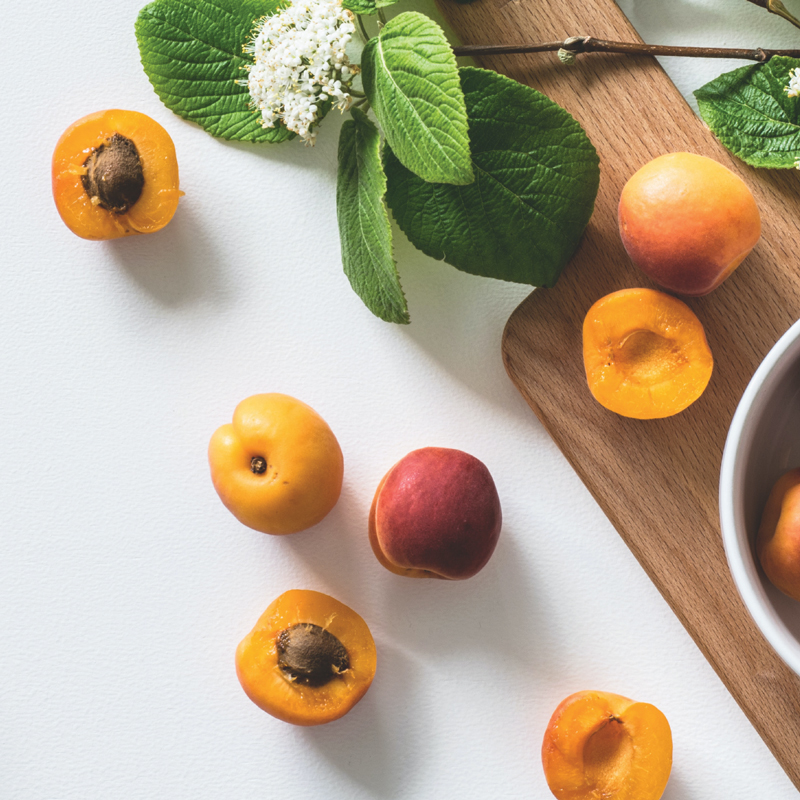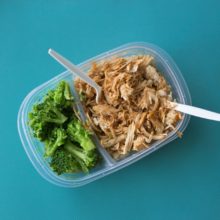
What’s the deal with BPA?
We all know by now to avoid BPA. We have been warned it’s bad for our health and to steer clear of canned foods and plastic bottles. Companies have even jumped on the band wagon and now proudly state that their products are “BPA free!”. So, what is all the fuss about? Are these health concerns warranted? And what is the best substitute we can be using?
The lowdown on BPA
Bisphenol A, more commonly known as BPA, is a chemical compound widely used to create resins and plastics. It has been around since 1891 but became popular in the 1950s when scientists discovered its myriad of uses. It exploded onto the market during this time and was soon found everywhere – water bottles, food storage containers, lining canned foods, baby bottles, paper receipts and even dental sealants. It was so cheap to make, hailed as multi-functional, resistant to impact and heat, transparent and used to avoid food spoilage and contamination.
Sounds perfect right? Wrong. We now know BPA to be an endocrine disrupter. This means it wreaks havoc on our hormones. This is important to know because our hormones regulate everything in our body. And we mean everything! Alarmingly though, this is not new information. BPA was first discovered in 1936 to be oestrogenic (meaning it interrupts the normal functions of oestrogen). At the time and as plastic evolved to be ever present in our lives, it was still believed the endocrine disrupting effects of BPA were minimal and it was not a major concern. In the last twenty years however, the true effects of BPA have come to light and we now know the severe ramifications of our constant interactions with this chemical.
BPA interferes with natural hormones by stimulating or inhibiting their actions affecting their synthesis, metabolism and elimination. We are exposed to BPA through our diets but also through what we breathe and the things we touch. Exposure to BPA is associated with:
- Infertility – this affects both males and females by reducing sperm count in men and follicle loss in women
- Testicular, prostate and breast cancer
- Impairs foetal and infant growth and development
- Interferes with the onset of puberty – evidence has shown exposure can both delay OR hasten puberty
- Polycystic ovarian syndrome and endometriosis
- ADD/ADHD – studies have shown that children suffering from these conditions are more likely to have early exposure to BPA and high levels of the compound in their urine
- Thyroid dysfunction – BPA interrupts and inhibits thyroid hormones from functioning normally
- Obesity
The alternatives and how to limit your exposure
The Australian government have investigated the use of BPA in products and considers our dietary exposure to be low and within safe range. In 2010 however, they did choose to phase out the use of BPA in baby bottles and thankfully many companies have followed suit and have taken steps to remove BPA from their manufacturing processes. We are now able to access a whole range of BPA free products from canned foods, to Tupperware to clingwrap, we have alternatives. Unfortunately, BPA free doesn’t necessarily mean safe. When BPA was removed from production it was replaced with chemicals such as Bisphenol-S and Bisphenol-F, both of which look the same and act the same way as BPA which suggests they also affect the human body in a similar way. Recent studies have shown exposure to these chemicals can alter and damage chromosomes affecting fertility in both men and women.
Now before you panic and throw out everything that resembles plastic in your house, I’m going to provide you with tips and tricks to significantly reduce your exposure to all of these Bisphenols!
- Swap your canned foods for fresh, dried or frozen – where possible swap those cans out. If you consume canned chickpeas by the truckload, switch to dried. They’re so simple to use, actually taste way better and require only a little more organisation. Simply soak in filtered water the night before or prepare a batch at the start of the week and store in the fridge. Remember smaller legumes such as lentils require less soaking time
- Limit packaged foods – if it’s wrapped in plastic or packaged in anyway, even fresh food, try to avoid it
- Swap to cloth bags – this should be a no brainer for the thousands of ethical and environmental reasons but if you need one more, here it is – your health! Paper mushroom bags are a handy alternative if you forget your cloth produce bags
- Swap to glass or stainless steel for food storage and water bottles – there are so many affordable and stylish food and drink storage options these days. It’s also helpful to wash and save glass jars to use for storage of nuts, seeds, even leftover food or pre-cooked grains!
- Ditch the damaged Tupperware – if it’s in good condition hold onto it, but as soon as your food containers start to become scratched or worn its time to swap them for healthier alternatives
- Don’t heat plastic – this is a big no, no! Heating intensifies the amount of chemicals that will leech into your food. Avoid putting your plastic items in the dishwasher and if you’re still using a microwave never ever heat your food in plastic, instead pour into ceramic or glass. Same goes for cling wrap, ditch it!
- Steer clear of plastics with the recycling numbers 3, 6 and 7 which all contain nasty chemical compounds
- Say no to receipts – modern day paper receipts feel silky smooth which is good sign they are coated in chemicals. Protect yourself, save the environment and opt for an emailed copy of your receipt
Lastly, if canned is your only option, follow these guidelines:
- BPA free canned foods – always choose this option, whilst it may contain the other Bisphenols, at least you know this manufacturer is conscious of the health effects of BPA and is making an informed choice to minimise exposure
- Rinse, rinse, rinse! – Rinsing in filtered water will lower the amount of chemicals (however it wont completely remove them) as well as other additives that may be present in the brine or water of the can
Yours in health,
Samantha Wilson

